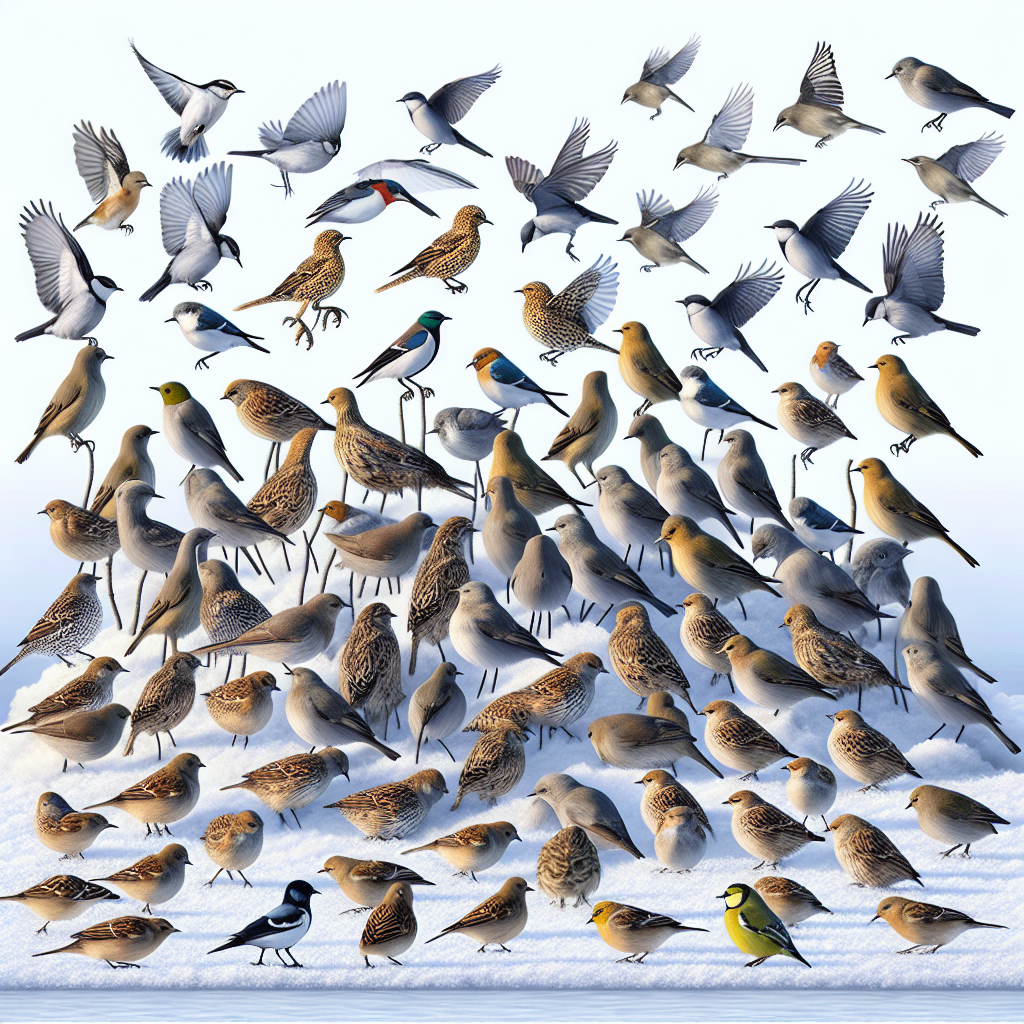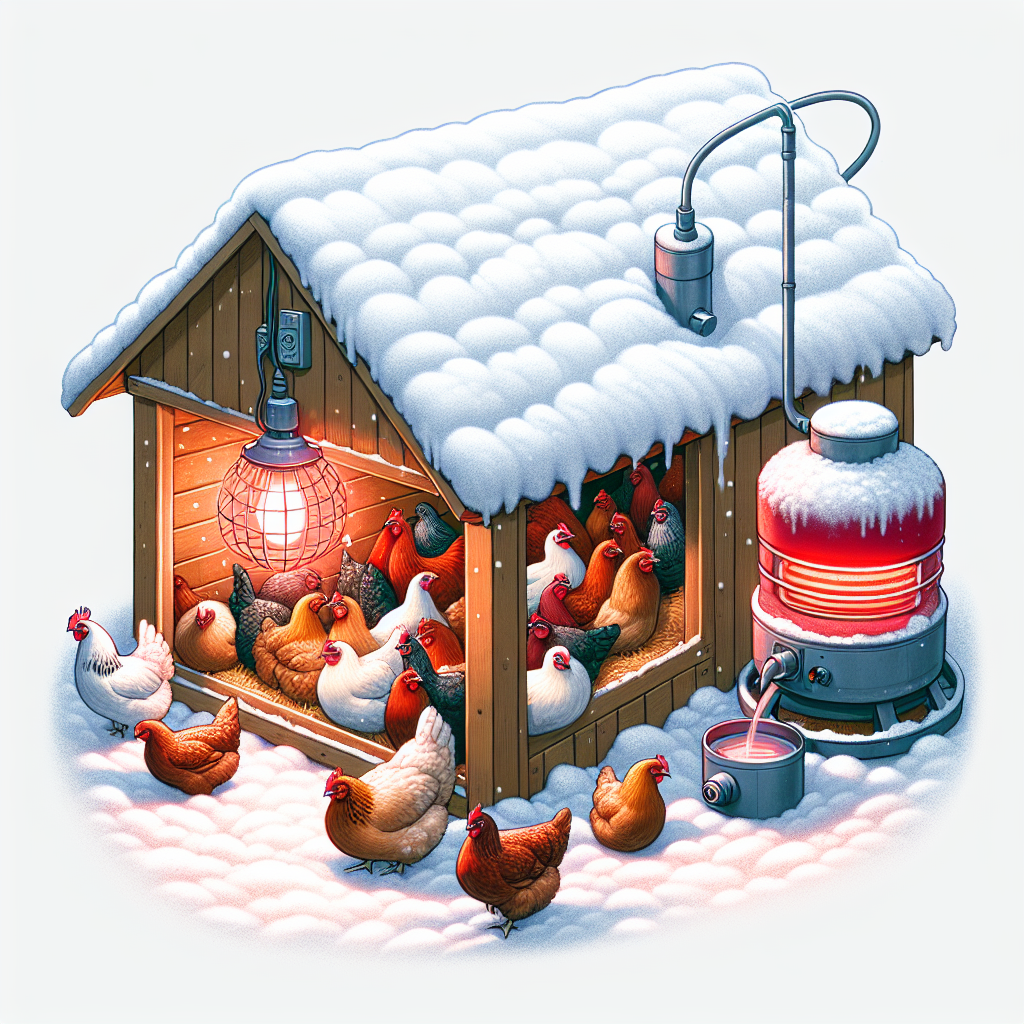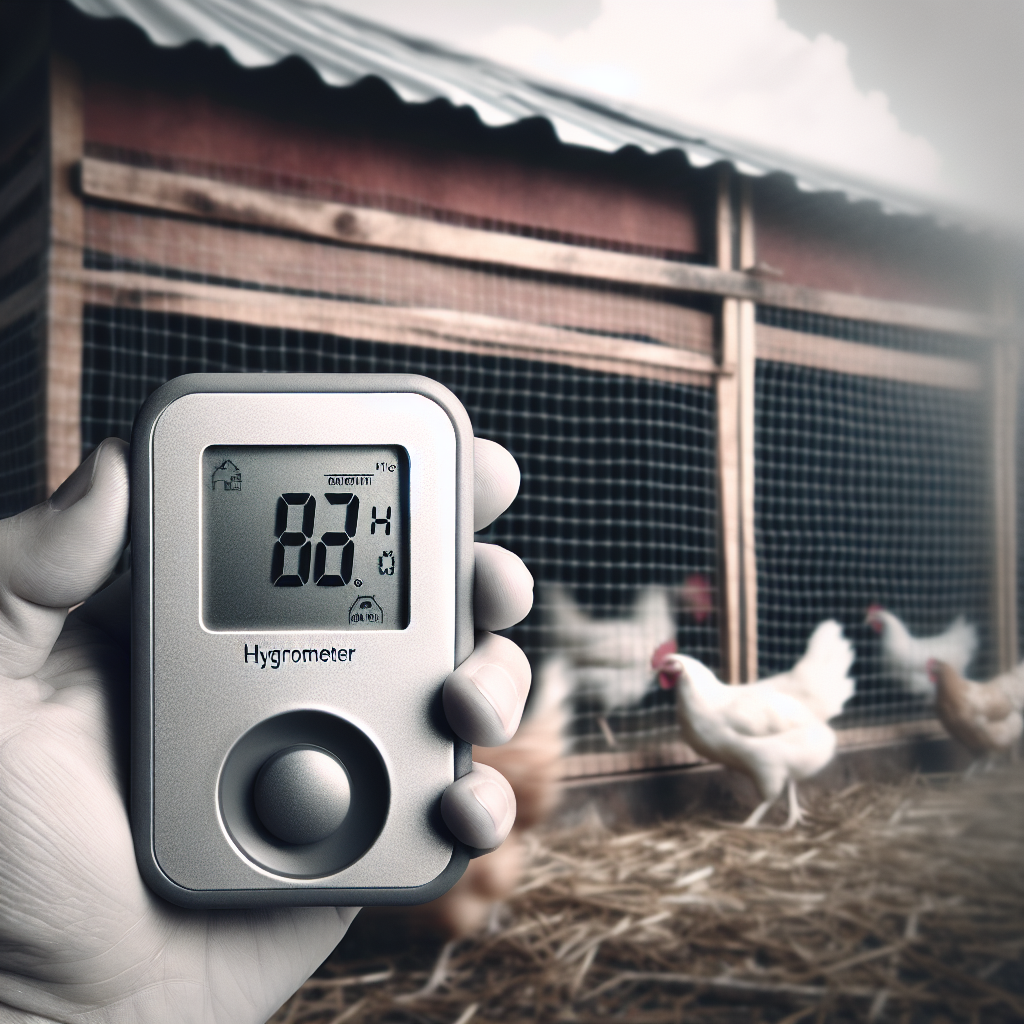Winter can have a profound impact on the social dynamics and behavior of your flock. As the temperature drops and the days grow shorter, the flock’s dynamics undergo a significant shift. The birds become more dependent on each other for warmth and shelter, leading to a more cohesive and communal atmosphere. Additionally, their behavior changes as they adapt to the challenges brought by the cold season, displaying unique patterns in feeding, roosting, and social interactions. Understanding these changes can help you ensure the well-being and happiness of your flock during the winter months.
How Does Winter Impact The Social Dynamics And Behavior Of My Flock?
Winter is a season that brings changes to the social dynamics and behavior of your flock. As the temperature drops and the days become shorter, your flock will experience various adaptations to cope with the challenges that winter presents. In this article, we will delve into the different ways in which winter impacts your flock’s social dynamics and behavior.
1.1 Winter Migration Patterns
Many bird species exhibit migratory behavior during winter, and this has a significant impact on their social dynamics. Birds that migrate may leave their usual territories and join larger flocks in search of more plentiful resources. This can lead to the formation of mixed-species flocks, where different species come together to forage and roost. These mixed-species flocks can have a profound influence on the social interactions and behavior of your flock during the winter months.
1.2 Changes in Vocalization
The arrival of winter also brings changes in vocalization among your flock. As resources become scarce, birds may increase their vocalizations to communicate and signal the location of food sources to each other. Additionally, the songs and calls of some bird species may change during winter, serving as a way to establish and maintain social bonds within the flock. This shift in vocalization can be fascinating to observe and can provide valuable insights into the social dynamics of your flock during the winter season.
1.3 Foraging Behavior
Winter has a significant impact on the foraging behavior of your flock. With limited food availability, birds may need to modify their foraging strategies to ensure their survival. They may adopt new feeding techniques or focus on different food sources that are more readily available during winter. The competition for food within the flock can also increase, leading to changes in the social hierarchy and interactions among flock members. It is interesting to note how your flock adapts their foraging behavior to the challenges posed by winter.
1.4 Interaction among Flock Members
Winter can influence the interaction patterns within your flock. The need to stay warm and conserve energy may lead to increased flock cohesion, with birds huddling together for warmth during cold nights. This behavior fosters social bonds and promotes a sense of community within the flock. On the other hand, limited resources and increased competition may also give rise to more aggressive interactions among flock members. Understanding these changes in interaction patterns can provide valuable insights into the social dynamics of your flock during the winter season.
1.5 Changes in Roosting Habits
Roosting habits often undergo significant changes during winter. Birds may seek out more sheltered and insulated roosting sites to protect themselves from the harsh weather conditions. This can lead to a shift in the locations where your flock congregates and interacts, potentially altering their social dynamics. The choice of roosting sites can also be influenced by factors such as safety from predators and proximity to food sources. Observing the changes in roosting habits can give you valuable information about the social dynamics and behavior of your flock during winter.
1.6 Impact on Reproductive Behavior
Winter can have a profound impact on the reproductive behavior of your flock. Many bird species suspend their breeding activities during the winter months due to the challenges of finding sufficient food and suitable nesting sites. This period of reduced reproductive activity can lead to changes in the social dynamics within the flock, as the focus shifts from breeding and rearing young to survival and resource acquisition. The cessation of reproductive behavior during winter highlights the adaptability of your flock to the changing seasons.
1.7 Effects on Territoriality
Territorial behavior may also be influenced by winter. During this season, resources become scarce, and maintaining exclusive access to certain areas may become more challenging. As a result, some territorial boundaries may become less defined, leading to more overlap and shared use of resources. This can affect the social dynamics within your flock, as birds navigate the challenges of sharing space and resources during the winter. Understanding how winter impacts territoriality can provide valuable insights into the behavior and interactions of your flock.
1.8 Shift in Social Hierarchy
Winter can bring about a shift in the social hierarchy within your flock. The scarcity of resources and increased competition can disrupt the established dominance relationships among flock members. Lower-ranking birds may have increased opportunities to access food sources during winter when dominant individuals are preoccupied with other survival priorities. This redistribution of power within the flock can lead to changes in social interactions and behavior, providing a fascinating insight into how your flock adapts and adjusts to the challenges of winter.
1.9 Influence on Aggression Levels
Winter can impact the levels of aggression within your flock. As resources become scarce, the competition for food and shelter intensifies. This can lead to heightened aggression and territorial disputes among flock members. Aggression may be directed towards competitors or even within the same species. Observing and understanding these changes in aggression levels during winter can provide valuable insights into the social dynamics and behavior of your flock under challenging environmental conditions.
1.10 Impact on Group Cohesion
Winter has a significant influence on the cohesion of your flock. As the temperature drops, birds often exhibit increased flock cohesion, huddling together for warmth and protection against the elements. This heightened group cohesion fosters a sense of community and cooperation within the flock, as birds work together to survive the challenges of winter. Understanding how winter impacts the group cohesion of your flock can provide valuable insights into their social dynamics and behavior during this season.
In conclusion, winter has a profound impact on the social dynamics and behavior of your flock. From changes in migration patterns and vocalization to shifts in foraging behavior and group cohesion, observing and understanding these adaptations can provide valuable insights into how your flock navigates the challenges of winter. By closely observing your flock’s behavior and interactions, you can gain a deeper understanding of their social dynamics and appreciate their remarkable ability to adapt and thrive in changing environmental conditions.




